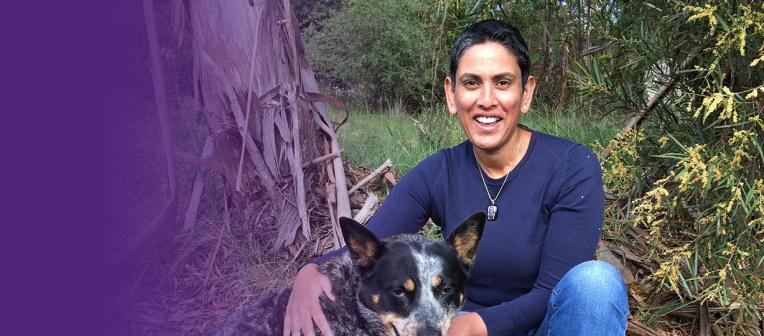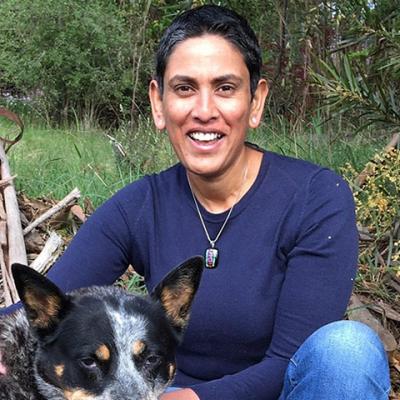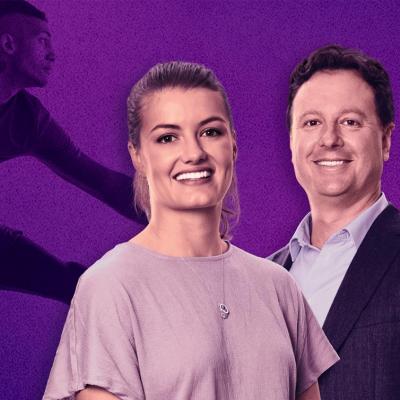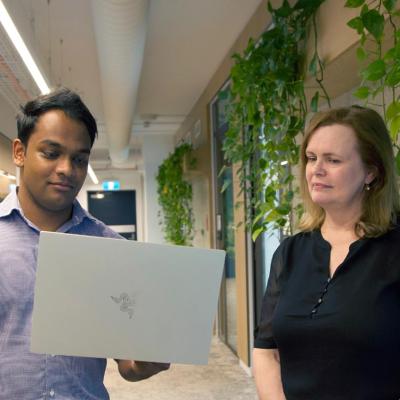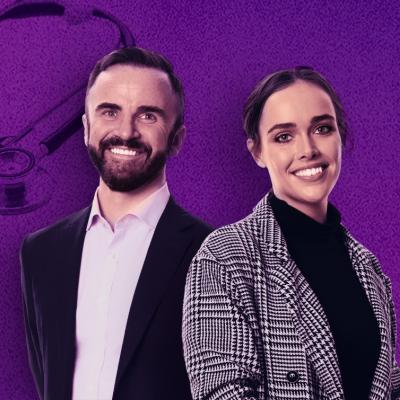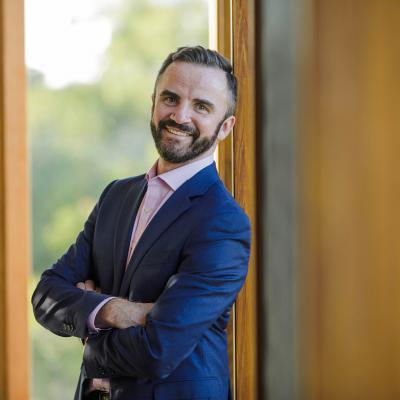Dr Madhu Tamilarasan shares her insights on why she believes sports and exercise medicine is an important field for general practitioners (GPs) – including her experiences studying the online Master of Sports Medicine at The University of Queensland.
Dr Madhu Tamilarasan is a GP who lives and practises in Lithgow, a country town in Central West New South Wales. As a medical professional and athlete, she is passionate about sport, medicine, and encouraging more people to participate in physical activity and exercise for their health and wellbeing.
Discover why she believes sports medicine is so important for GPs today.
Why do you think providing advice and care in sports medicine is beneficial for GPs?
I think it enables GPs to provide a more enhanced and holistic scope of care. GPs are very often the first port of call for people when they seek medical advice regarding sports or exercise – be that an injury or a medical issue such as chest pain during physical activity. We are also regularly presented with musculoskeletal issues such as osteoarthritis or musculoskeletal pain, whether they be related to exercise or not.
Having specific knowledge and an extra level of qualification in sports and exercise medicine means I can provide my patients with evidence-based advice and management of sports or exercise-related injuries, as well as on chronic disease and other health issues. For instance, I’m able to offer medical advice on the most appropriate activity for pregnant women wanting to continue physical activity, as well as those suffering with:
- asthma
- heart disease
- osteoporosis
- diabetes
- arthritis.
There is less need for referral for my own patients as I already know and understand how to diagnose, treat and manage many of the sports or exercise-related injuries I’m presented with. It is very useful to be able to provide a specialised service to them myself, in-house. It also means I can help more people in my community without referring them to someone else.
For you, what skills and qualities are important in treating and managing patients with sports and exercise-related injuries?
The same professional qualities as to be a great GP – with the added knowledge and skills to manage specific sports and exercise-related injuries (as well as athletes who hate being injured!).
“Communication, education, motivational interviewing: these are core skills for GPs, and they translate really well into the field of sports and exercise medicine.”
As GPs, our training in managing uncertainty and undifferentiated presentations, as well as our skills in understanding patient context, places us in a perfect position to manage patients presenting sports or exercise-related injuries alongside other health issues.
What do you enjoy about the sports and exercise medicine field?
Sports and exercise medicine allows me to combine my fascination with the human body and psyche with my love of endurance sport.
As an endurance athlete myself, I love learning about sports and exercise medicine. I love managing patients who have been told by doctors who have little to no experience in sports and exercise medicine that they should simply “stop exercising”. I enjoy helping these patients get back to whatever they were doing before or with alterations that still allow them to take part in physical activity and reap the rewards from that.
I find I get a lot of buy-in from patients as an athlete myself. They understand that I “get” the psyche. I understand how hard it is to be injured and unable to train or race. Having their buy-in means they are willing to come along on the journey and help me get them back to full fitness or to adapt to a new training regime.
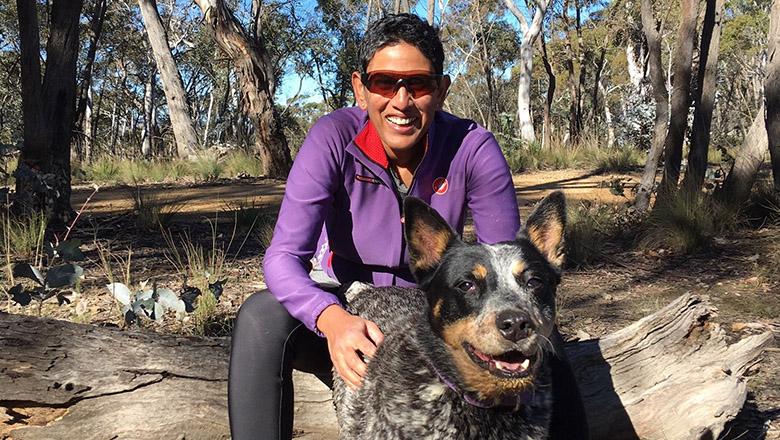
“The other thing that is really satisfying is to watch totally sedentary individuals become increasingly physically active. With my encouragement, support and guidance I’m able to help these people improve their health through physical activity.”
I also love combining my GP knowledge and skills with sports and exercise medicine. Communication and understanding patient context is at the core of my job as a GP. Most patients I see are not elite athletes; they are people with families, full-time jobs and other life pressures. As a GP, I am used to that holistic care of patients, taking all these factors into account when formulating diagnoses and negotiating management plans.
How did you develop your expertise in sports and exercise medicine?
I studied a Master of Sports Medicine at The University of Queensland. I love my sport and medicine, so it seemed like a natural fit.
I also started to see more patients who presented with sports or exercise-related issues as part of my mainstream GP work. Word soon spreads about what special interests GPs have, and this was particularly the case for me living and practising in a community setting.
I ended up setting up my own sports medicine service, Lithgow Sports Medicine, within my current practice, where I now offer sport and exercise consultations.
What were the benefits of studying the Master of Sports Medicine online?
Hands down, the convenience! I had the flexibility to tackle the fully online content whenever I had time. Sometimes I would complete a 15-minute online lecture during an unexpected break in the day when a patient cancelled at the last minute. Other times, I could dedicate an entire day to complete several hours of online study.
The lecture content was broken down into short, easily manageable components, which made it easy to do small snippets at a time. Most of the content for each subject was available at the start of the semester, which worked really well for me. Some weeks, when I had a lot of free time, I could cover a huge amount of subject material and get ahead in preparation for more busy weeks when I knew I would not have much time available for study.
“I found the content interesting, and the assessment items included both practical and clinically focused tasks. The coordinating staff were very supportive and clearly understand the pressures of postgrad study on top of full-time GP work.”
Learn more about the UQ Master of Sports Medicine and explore for yourself why sports medicine is so important for GPs.

